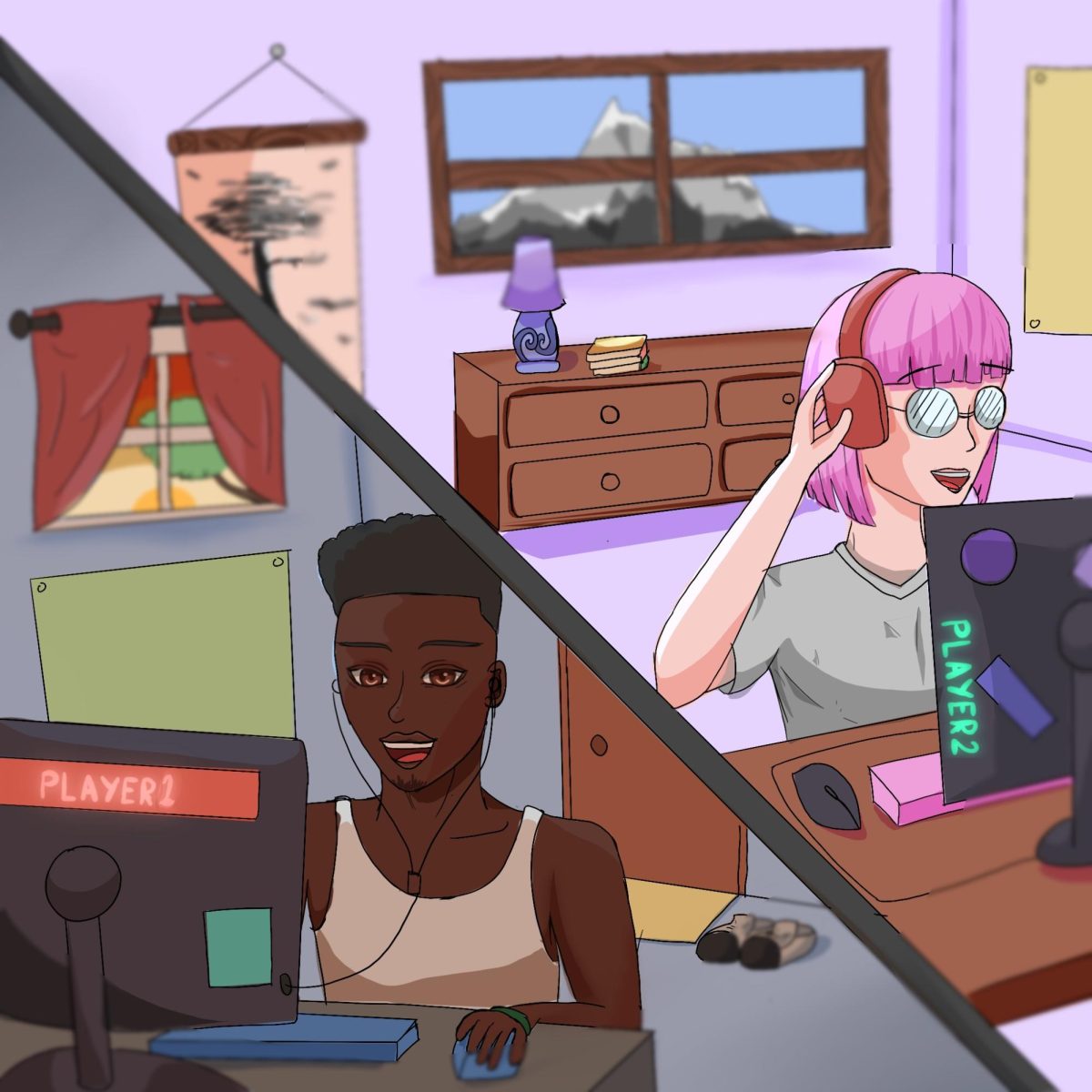It is easy to dismiss online friendships as superficial – lacking the “true depth” in-person friendships supply. This notion, however, is simply a byproduct of anti-social media bias and overlooks the deep conversations, shared experiences and in depth emotional bonding online friendships allow. Modernity has allowed digital platforms like Discord, Reddit and Instagram to cultivate friendships that once would not have been possible – transcending geographical borders to allow relationships to flourish into life-long bonds.
One of the most significant advantages of online friendships is how they are not limited by location. People from different parts of the world are able to connect with each other and form bonds that are not founded on proximity or convenience as those in person may be. Not being able to meet in person allows for the friendship to have more depth. It forces better understanding and more meaningful conversations, fostering stronger connections between individuals.
The perk of different cultural roots allows for more diversity in one’s friends. It adds another layer of nuance and richness. Differing backgrounds allow the participating individuals to have varied perspectives on many matters, like different foods, languages, social norms and global perspectives on current events, thus allowing for broader and deeper conversations.
Furthermore, online friendships encourage more texts, voice calls and voice messages, making interaction easier to do consistently and maintain throughout long periods of time. Online friendships are not dependent on planning and deliberating a time and place to hang out. The frequency of interactions and their ability to be done at almost any time allows for the friendships to prioritize the quality of the interactions themselves as opposed to the surrounding factors that in-person interactions often make priority.
The quality of interactions is shockingly important in how they move to develop friendships. As stated in a study by the University of California, Irvine, online friendships often last longer than in-person ones due to the flexibility and emotional control they offer. The role of constant communication and support through all time frames – whether someone wants to celebrate a milestone or vent about something that is bothering them – gives online friendships an advantage in building faster and lasting longer.
Contrary to popular sentiment, the ability to share an emotional connection is not hindered by the barrier of screens. In fact, the opposite is true. With a screen to protect a person from facing harassment or judgment for their feelings, people are 47% more likely to communicate personal information and be emotionally vulnerable, according to a study by Cornell University.
Through online spaces like gaming communities, forums and threads, people are able to communicate with one another more openly about a variety of topics like mental health struggles and identity issues. These facets ultimately come together to create a diverse portfolio for conversation and allow individuals to touch base on such an extensive level that the bonds formed are just as deep, if not deeper, than those formed in person.
Some critics argue that online friendships foster an unhealthy dependency on technology and do not allow children to develop proper social skills to utilize in the real world. This problem, however, lies not in online friendships but in how technology is viewed and utilized in itself. It is up to parents and educators to encourage a balance between online and offline activities.
Technology is simply one of many tools that is responsible for forming and maintaining relationships and social skills. With proper guidance, managing screen time and making sure children have offline hobbies, online friendships can co-exist with in-person socialization, allowing children to become more well-rounded in how they communicate with others.
Ultimately, online friendships are far from superficial once they have been more closely examined. Just like in-person bonds, they foster an emotional connection with other individuals across arguably more diverse grounds. They also allow individuals to be more vulnerable and maintain consistent communication to develop better social skills and lasting friendships. Just because a relationship is digital does not make it any less valuable. In fact, as the world becomes more connected online, these relationships might even become the most authentic ones there are.


